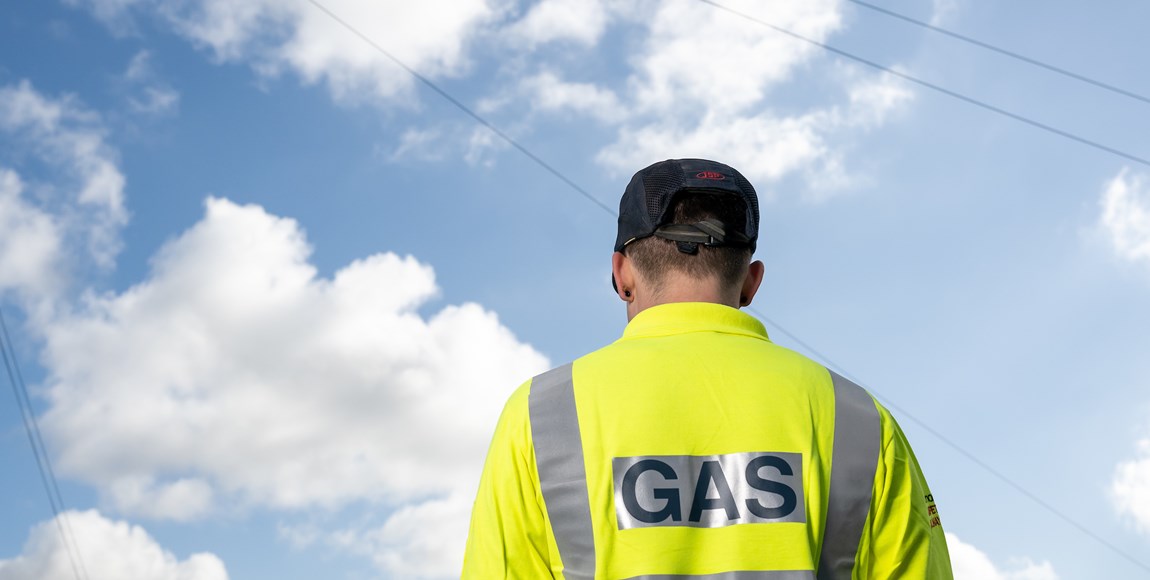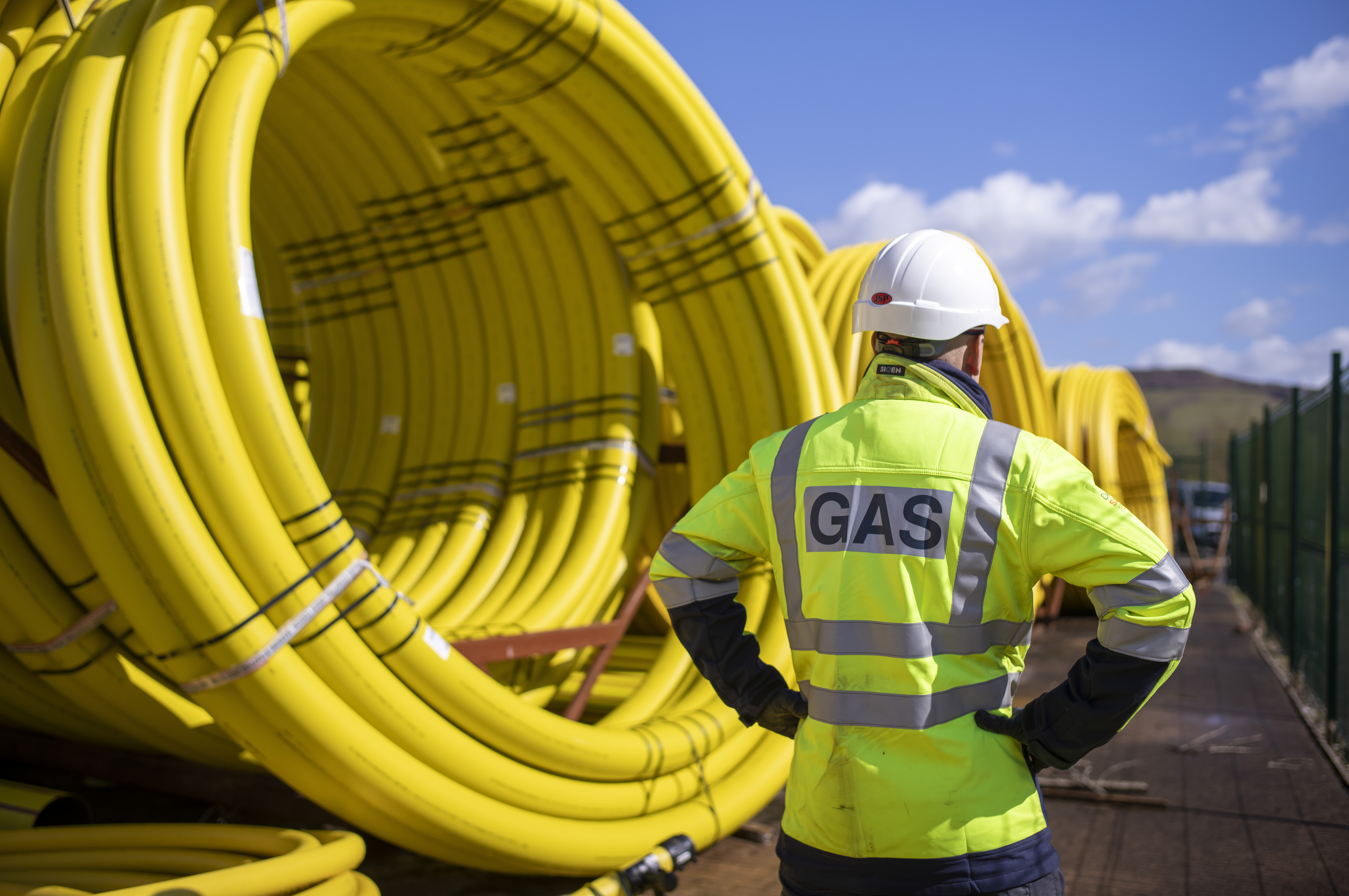Gas Goes Green project to explore how biomethane could work alongside hydrogen to accelerate net zero efforts
- The “Maximising the Role of Green Gas” project will explore how hydrogen and biomethane could work together to decarbonise the gas network.
- Biomethane is already produced and used across the UK and in the last year delivered greenhouse gas emissions savings equivalent to 1.2m tonnes of carbon. The government has set a target to develop 10GW of hydrogen production by 2030.
- As well as exploring how the green gases interact, the project aims to demonstrate how combining them could deliver quicker reductions of emissions and cost savings by making use of the existing gas infrastructure.
Britain’s gas networks have launched a collaborative project to explore how biomethane could help deliver quicker reductions in carbon emissions and potential cost savings to customers, and continue to grow as the hydrogen economy develops. “Maximising the Role of Green Gas” is being formally announced at the ADBA National Conference in London today [6 December].
Wales & West Utilities, Cadent, SGN, National Gas and Northern Gas Networks want to understand the challenges and opportunities for biomethane production in the UK and what its development alongside low carbon hydrogen will mean for future network development, technology needs and investment. The organisations will be collaborating under ENA’s Gas Goes Green programme.
Biomethane is produced using organic feedstock that would otherwise go to waste – like animal slurry, food waste, other farm material or sewage sludge. This makes it a green fuel source and it could even generate negative carbon emissions where production from waste material is combined with carbon capture and utilisation or storage.
There are currently 110 plants across the UK with capacity to produce enough biomethane to heat over 770,000 homes each year, saving around 1.2m tonnes of carbon in 2022. The sector has potential to grow further, alongside the development of low carbon hydrogen, which will need to work together to maximise the role green gasses can play in delivery net zero.
The final report, which is being delivered in partnership with ARUP, will document interactions between biomethane and hydrogen production; options for biomethane sites to produce hydrogen and hydrogen to support biomethane production; and consider the implications for the energy system.
Wales & West Utilities Head of Net Zero and Sustainability, Matt Hindle, who is leading the project said:
Homes, industries, transport and power generation all rely on the gas networks today and need solutions to help them meet net zero.
The UK has one of the world’s leading biomethane sectors, with over 100 sites injecting green gas into our networks, and an ambitious government strategy for low carbon hydrogen. As gas networks, we need to ensure that biomethane and hydrogen can work together seamlessly in the 284,000km of pipelines we operate across Britain.
Repurposing these networks for use with green gases like hydrogen and biomethane to help meet the challenge of the climate change act has the potential to reduces costs and with minimise gas customer disruption to gas customers compared to alternative decarbonisation solutions.
Wales & West Utilities is the company that look after the pipes that keep the gas flowing to heat the homes and power businesses of 7.5m people across Wales and south west England. We operate the gas emergency service, connect new homes and businesses, and upgrade the gas network so it’s safe today and fit for the future.
About Wales and West Utilities
We are investing £400m between 2021 and 2026 in the gas network, supporting our journey to net zero. By 2035, we aim to deliver a net zero ready network to the areas most likely to convert to hydrogen, transforming our entire network by 2040
The company is also committed to playing its part in getting to net zero carbon emissions by 2050. It has 54 power stations connected to its network to support renewables like wind and solar power, while 20 green gas sites have capacity to inject enough decarbonised green gas to meet the demand of around 150,000 homes. Our network supplies bus garages in three locations across the south west of England, fuelling CNG buses that improve air quality and reduce carbon emissions from public transport.




